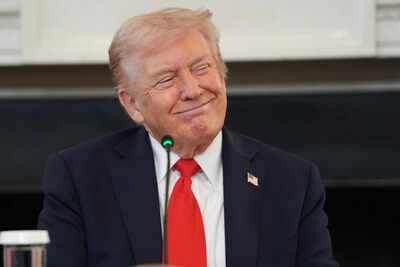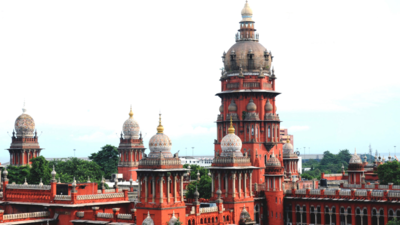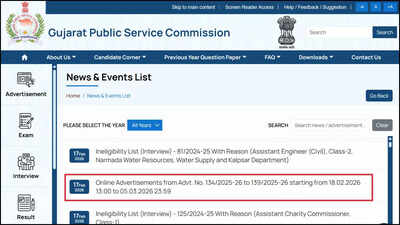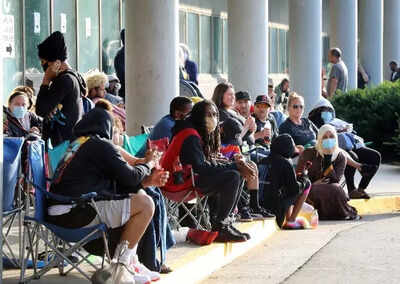40 strikes on academic freedom in 2025: Is US higher ed losing its nerve?

The United States, long regarded as a global leader in education and research, is now drawing concern for setting a troubling precedent. A new report by Scholars at Risk (SAR) warns that the Trump administration’s actions against universities are transforming the nation into a “model for how to dismantle” academic freedom.“We are witnessing an unprecedented situation, really as far as I can tell in history, where a global leader of education and research is voluntarily dismantling that which gave it an advantage,” said Robert Quinn, executive director of SAR, in the same report.
A sharp rise in pressure on campuses
In the first half of 2025 alone, SAR’s Free to Think report recorded about 40 incidents in the United States involving direct attacks on academic freedom. These ranged from the revocation of research funds to the detention and attempted deportation of foreign scholars for their political views.The report highlights a surge in executive and legislative measures targeting diversity, equity and inclusion programmes, along with tighter government control over university admissions, hiring, research and teaching. This marks a shift from 2024, when most pressures came from state and local authorities. Following Donald Trump’s re-election, the federal government has assumed a far more assertive role in shaping higher education policy.
The global context
Between mid-2024 and mid-2025, the Academic Freedom Monitoring Project recorded 395 attacks on higher education leaders, faculty, staff and students across 49 countries. These included arrests, prosecutions, travel bans, dismissals and even targeted killings.Beyond the US, SAR identified troubling patterns in 15 countries. In Bangladesh, student-led protests against the government met with violent crackdowns that claimed up to 1,400 lives. In Serbia, authorities withheld salaries and funding from faculty members who supported anti-corruption movements.“The space for academic freedom has shrunk at an accelerating pace over the past decade,” the report concludes. It warns that even democracies with long-standing institutional strength are witnessing elected leaders use democratic tools, and sometimes extralegal means, to undermine universities.
A shifting political pretext
The ongoing war in Gaza and campus protests opposing it have intensified scrutiny of US universities. SAR notes that these have become a pretext for punishing students and academics whose perspectives diverge from government positions.“The pressure on the higher education space has been going on for decades,” said Quinn. Before the current wave of actions, universities faced political backlash over topics such as critical race theory and gender studies. “That being said, there is no question that the administration is using as a bold pretext the allegations of antisemitism centred around the Palestinian issue to justify in many cases extralegal activity to crack down on the space for independent thought.”
The federal turn
The report identifies Trump’s return to power as a turning point. Within the first 75 days of his administration, more than 30 pieces of legislation affecting higher education were introduced. Executive orders dismantled diversity and gender equity programmes, while federal investigations into antisemitism reached over 60 universities, often bypassing established procedures.The administration also froze billions of dollars in federal research funds, imposed new caps on student loans and tightened eligibility for Pell Grants. These moves, SAR argues, have disrupted both academic operations and student access.
Beyond borders
The report highlights the international ripple effects of US policy shifts. The cancellation of international student visas, stricter admission rules for foreign applicants and deep cuts to the United States Agency for International Development (USAID) have curtailed education and research initiatives from Africa to Afghanistan.For an organisation that once promoted the global exchange of knowledge, these actions mark a profound reversal.
A defining test for US academia
For decades, American higher education stood as a benchmark for openness and critical inquiry. Scholars at Risk now warns that those very foundations are eroding from within.If the world’s most influential academic system begins to limit intellectual independence, the report suggests, the consequences will not stop at its borders.






